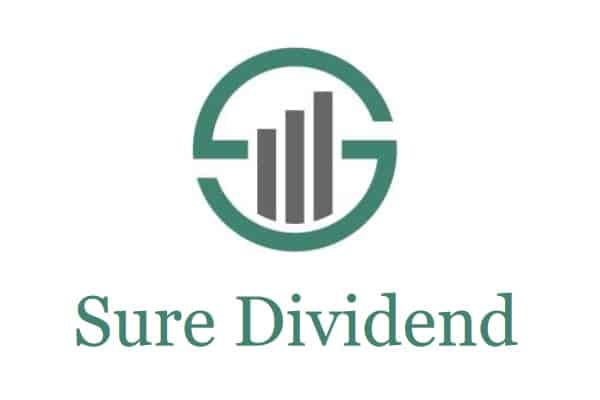
The Pros and Cons of DIY Investing
I’ve been a self-directed investor for almost thirty years. Self-managing my investments has saved me tens of thousands in fees, though I’ve been susceptible to my own investment biases and mistakes. Overall, I believe the tradeoff favors do-it-yourself (DIY) investing. This article explores the pros and cons of DIY investing compared to hiring a financial…

The Definition of Financial Success is Not So Obvious
The Star Wars: Galaxy’s Edge attraction opened at both Disneyland in Anaheim, CA, and Walt Disney World in Orlando, FL, in 2019. Despite the long-awaited openings, Disney stock analysts were disappointed to see overall theme park attendance down 3% in the fiscal third quarter. Visitors to the planet Batuu meet face-to-face with the Millennium Falcon…

How I’m Simplifying my Portfolio for Retirement
TD Bank interviewed me on this topic. Check out the interview on YouTube or below. I’m 48. It’s been 28 years since I invested in my first stock. Twenty-eight years from now, I’ll be 76, about the same age as my parents. My parents recently fired their financial advisor and asked me to assist in…

Throwing ICE on FIRE
The mainstream financial media’s portrayal of early retirement has always felt disingenuous, leading with “this 30-something retired” or some variation of that hook, then later highlighting that the “early retiree” is working a new job (even though they don’t need to), running a business, or has an employed spouse providing income and health insurance. These…

Live to 100. Work to 100.
Famed investor Charlie Munger and diplomat Henry Kissinger both died within a day of each other in November 2023. Each lived to 100 (Munger was 34 days short, but we’ll give it to him), and both put on suits and went to work until their final days. One wonders: Did their continued work, curiosity, and…

Should DIY Investors Buy Bitcoin ETFs?
The Bitcoin ETFs have gotten a lot of media attention recently. After years of contemplation, the SEC finally approved several “spot” Bitcoin ETFs (exchange-traded funds) for trading on stock exchanges. They include the following: Here’s a more detailed look at Bitcoin ETF fees. ETFs make it as easy as stocks to own and trade assets…

When to Fire (or Hire) a Financial Advisor
I’m a DIY financial planner and investor. Hiring a financial advisor never made sense since I studied finance and enjoy money management as a hobby. I almost became an investment advisor a few times. My financial situation has never been that complicated. I keep my investments, taxes, and personal finance activities within my capabilities, so…

The 6 Best Investments is 2024 for Long-Term Growth
As New Year’s resolutions are fresh on your mind, there’s no better time than now to initiate and strengthen wealth-building strategies. To help inspire you, I’ve created a list of the best investments for long-term growth. This article is about where you can direct your money and time this year so that ten and twenty…

ETFs vs Mutual Funds: Knowing When to Choose Which
This article explores reasons to own ETFs vs mutual funds. Between stocks, mutual funds, exchange-traded funds (ETFs), and alternative assets, we now have countless ways to invest our money more than ever. Though more options are better overall, the choices can be overwhelming. About 7,400 mutual funds and 3,000 ETFs are listed in the U.S.,…

Real Estate Crowdfunding Investing 2024: A Beginner’s Guide
Real estate crowdfunding investing is a way for ordinary investors to profit from high-quality real estate properties that were mostly unattainable a decade ago. After the U.S. Congress passed the JOBS Act of 2012 (Jumpstart Our Business Startups), real estate crowdfunding platforms began to emerge, utilizing the new law and modern technology to empower investors. …











